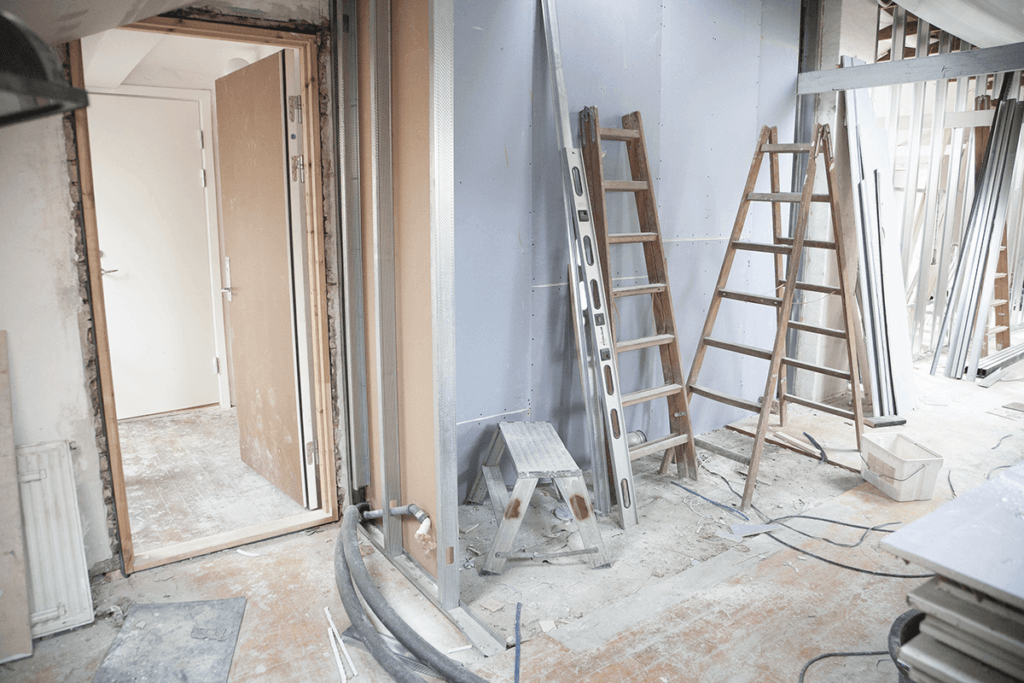How many quotes should I get for renovation?
When it comes to home renovations, one of the most critical decisions you’ll make is choosing the right contractor. With numerous options available, it’s essential to gather multiple quotes before embarking on a renovation project. But how many quotes should you get? In this article, we’ll explore this question in detail, offering valuable insights to help you make an informed decision.
The Importance of Gathering Multiple Quotes
Renovating your home can be a significant investment, both in terms of time and money. Whether you’re looking to update your kitchen, remodel your bathroom, or renovate the entire house, it’s vital to obtain several quotes from different contractors. Here’s why:
1. Price Variations
Not all contractors charge the same rates for their services. Gathering multiple quotes allows you to compare the pricing and identify competitive rates. This can help you avoid overpaying for a renovation and stay within your budget.
2. Quality Assurance
Renovation projects are not just about the cost; they’re also about the quality of work. By obtaining multiple quotes, you can assess the materials, workmanship, and warranties offered by each contractor. This ensures you’re getting the best value for your investment.

3. Understanding the Scope
Different contractors may interpret your renovation plans differently. Gathering multiple quotes provides insights into how each contractor envisions the project. This can help you ensure that your expectations align with the contractor’s vision.
4. Building Rapport
Establishing a good working relationship with your contractor is essential. Meeting and discussing your project with multiple contractors gives you a chance to gauge their communication and interpersonal skills. This can help you choose someone you feel comfortable working with throughout the renovation.
How Many Quotes Should You Get?
Now that we’ve established the importance of obtaining multiple quotes, the next question is: how many quotes should you aim for? The answer is not one-size-fits-all, as it depends on various factors:
1. Project Complexity
The complexity of your renovation project plays a significant role in determining the number of quotes you should obtain. For smaller, less complex projects like painting a room or installing new flooring, three to five quotes may suffice. However, for extensive renovations or custom projects, it’s advisable to seek at least five to seven quotes.
2. Budget Constraints
Your budget is another crucial factor. If you have a tight budget, you might be tempted to get as many quotes as possible to find the lowest price. While this can be a good strategy, it’s essential to strike a balance. Too many quotes can be overwhelming, and the quality of the contractors may vary significantly.
3. Time Availability
Obtaining quotes takes time, as it involves meeting with contractors, discussing your project, and waiting for their proposals. Consider your schedule and how much time you can allocate to this process. If you’re in a hurry, you might have to limit the number of quotes you collect.

4. Referrals and Research
If you have received strong referrals for a particular contractor or have thoroughly researched their work, you may not need as many quotes. A trusted recommendation can go a long way in simplifying the decision-making process.
The Process of Collecting Quotes
Now that you have an idea of how many quotes you should aim for, let’s explore the process of collecting them: For nazbuild renovation quotes see this.
1. Research and Shortlisting
Start by researching contractors in your area. Look for reputable contractors with a track record of successful renovations. Ask for recommendations from friends, family, and neighbors, or use online platforms that provide contractor reviews and ratings.
2. Initial Contact
Once you’ve shortlisted potential contractors, reach out to them for an initial conversation. This can be done over the phone or via email. During this conversation, briefly discuss your project, explain your expectations, and ask if they are interested in providing a quote.
3. On-Site Visits
For more accurate quotes, schedule on-site visits with the contractors who express interest. Walk them through the project, and provide all relevant details. This allows them to assess the scope and specific requirements.
4. Detailed Proposals
Request detailed written proposals from each contractor. These proposals should include a breakdown of costs, timelines, materials to be used, and any warranties or guarantees offered. Review each proposal thoroughly.
5. Comparing Quotes
After receiving the proposals, take the time to compare them. Pay attention to pricing, but also consider the quality of materials, the estimated timeline, and any additional services or benefits offered by the contractors.
6. Contractor Interviews
Schedule interviews or meetings with the contractors to discuss their proposals and ask any questions you may have. This is also an opportunity to assess their communication skills and professionalism.
Making the Final Decision
After you’ve collected quotes, met with contractors, and compared their proposals, it’s time to make a final decision. Consider the following factors:
1. Quality Over Price
While cost is a crucial factor, remember that quality should be a top priority. A slightly higher price from a contractor who offers better materials and workmanship may be a wise investment.
2. Reputation and References
Check the contractor’s reputation by seeking references and reading online reviews. Past clients’ experiences can provide valuable insights into the contractor’s reliability and performance.
3. Contract Details
Ensure that the chosen contractor provides a clear and comprehensive contract. This document should outline all project details, costs, payment schedules, timelines, and any guarantees or warranties.
4. Gut Feeling
Sometimes, your intuition can be a valuable guide. If you have a good rapport with a particular contractor and feel confident in their abilities, it can be a significant factor in your decision.
Conclusion
In the world of home renovations, gathering multiple quotes is a critical step in ensuring a successful and cost-effective project. The number of quotes you should get depends on your project’s complexity, budget, and time constraints. By following a systematic process of research, shortlisting, and careful evaluation, you can make an informed decision and choose the contractor who best suits your needs. Remember that while price is important, quality, reputation, and your own comfort with the contractor should also play a significant role in your final choice. A well-planned approach to collecting quotes will set the stage for a renovation that not only enhances your home but also brings peace of mind.

